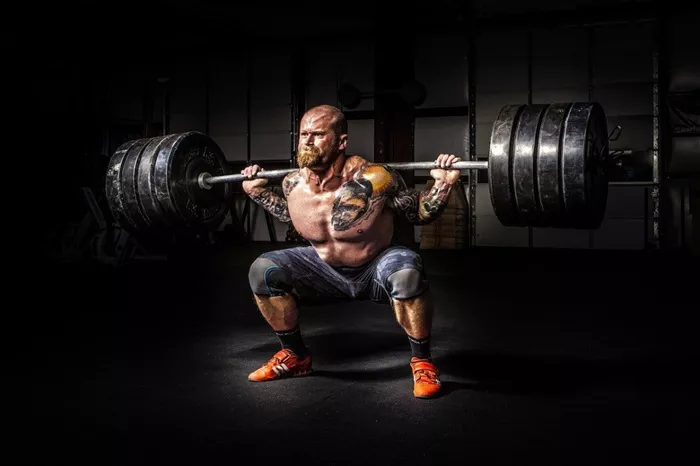At her first powerlifting competition, Brittainy Chown quickly realized the pressure to “weigh in” as light as possible in order to win. Chown, a former collegiate track athlete, had transitioned to powerlifting, a sport focused on lifting the maximum weight in a single repetition. She was drawn to strength training and wanted to compete again, but the weight class system created added stress.
Initially, Chown struggled with body image issues. After years of intense running, her body had become lean, and she couldn’t shake the belief that she needed to be “super thin” to succeed in sports. “I was embarrassed about what my weight had become after I took a year off from exercise,” she recalls. “I felt like I needed to lose weight to fit into a more desirable weight class.”
In the months leading up to her first meet, Chown worked hard to shed pounds, eventually losing 20 over six to eight months. For the next four years, she maintained her weight within the 75-kilogram (165-pound) class. But by 2018, Chown began to hit plateaus. Her performance stalled, and injuries kept piling up. In her ninth meet, at age 27, Chown lifted a total of 881.8 pounds, over 100 pounds less than her total just eight months earlier.
Despite the advice of her fellow powerlifters to embrace weight gain and increase muscle, Chown remained reluctant. She admits, “In my mind, I thought, ‘Sure, I’ll get stronger, but I’ll also get heavier, and it won’t count the same way.’” She now recognizes the irrationality of this thought process, but at the time, it seemed to make sense.
Chown’s experience is not unique. Many powerlifters, especially in weight-class sports, feel pressured to control their weight. A 2012 study in Sports Health found that up to 70 percent of elite athletes in weight-class sports engage in dieting or disordered eating practices to lower their weight before competitions. A more recent 2024 survey of American Olympic weightlifters found that many considered it “unimaginable” to compete without cutting weight beforehand, driven by the sport’s stigmatization of body fat.
For some athletes, competing at a lower weight class can offer a competitive advantage, but only if they follow healthy, sustainable practices supported by professionals, including dietitians, coaches, and healthcare providers.
However, for many lifters, obsessing over body weight for the sake of winning can take a toll on both mental and physical health. Chown’s journey demonstrates that breaking free from the constraints of weight class competition can be liberating.
The Pressure to Conform to Weight Classes
Powerlifting is often described as a “you versus you” sport, where the goal is to become the best, strongest version of oneself. This competitive framework creates a generally supportive community, where athletes cheer each other on regardless of how much weight is lifted.
Natalie Ribble, MS, CSCS, CFSC, a powerlifting coach and chief of staff at Seattle Strength & Performance, explains that this environment is part of what makes the sport appealing. Yet, the pressure to fit into a specific weight class can overshadow the focus on personal strength and growth.
As Chown’s story shows, the emphasis on weight can sometimes derail athletes from their true potential. It took her several years to realize that her strength did not have to be limited by the scale. Moving beyond the pursuit of weight loss for performance allowed her to embrace a healthier and more sustainable approach to powerlifting, both mentally and physically.


